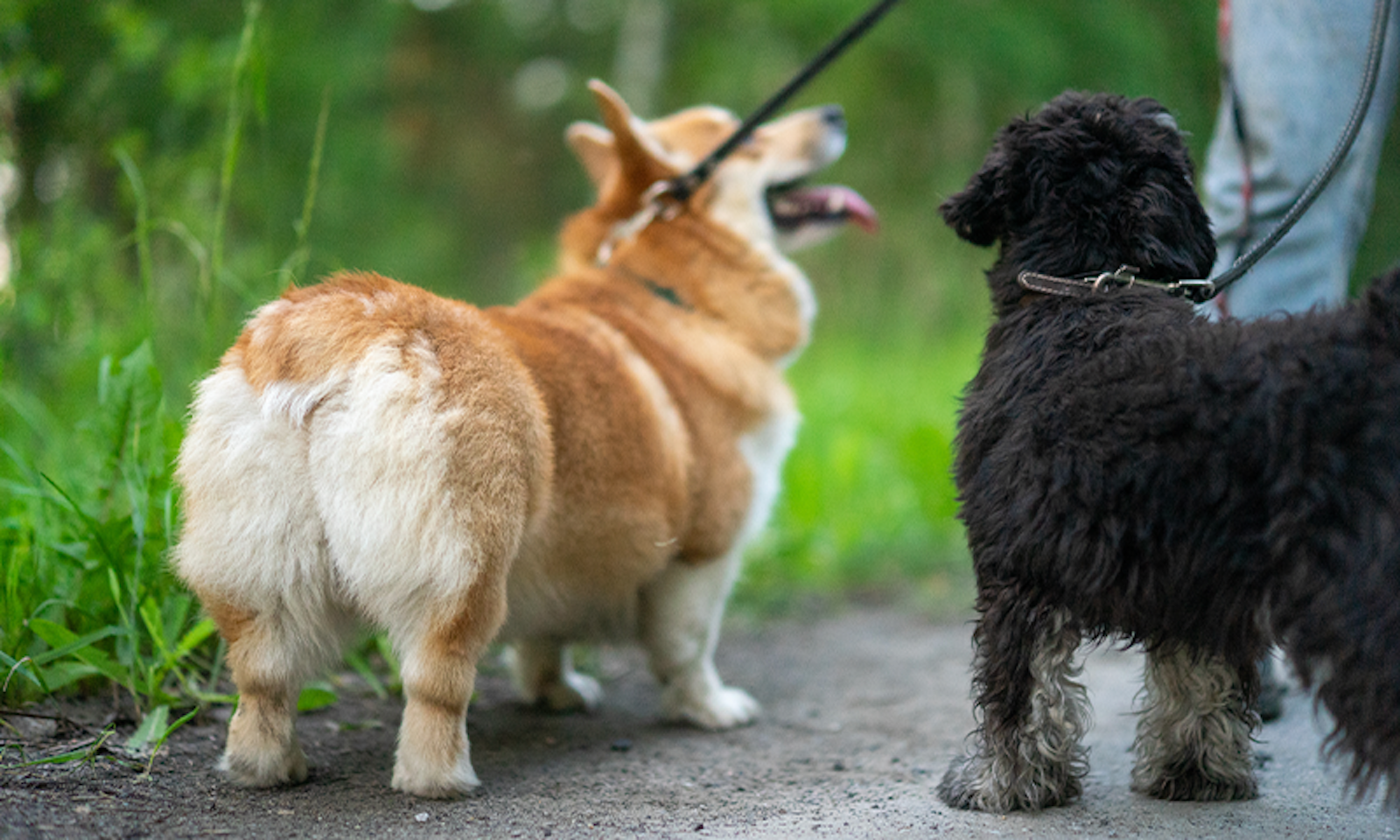Robert Ménard, mayor of Béziers, a charming seaside town in the south of France, has had enough dog shit in his life. “I can’t take it anymore with all this poop,” Ménard told a local newspaper, lamenting about pet owners who quite literally don’t give a crap about their dogs’ droppings, leaving behind loads of sticky and stinky bombs to step in—turning the city’s historic streets into an ugly and unhygienic mess. “We’ve done a count,” said Ménard. “We collect over a thousand every month, in the center alone. We have to penalize people so that they behave properly.”
Yet, chasing the poo-petrators isn’t easy because they usually don’t hang out long once their dogs have done their doody. Nor do they leave behind any usable evidence like fingerprints, unless you count the poop piles. Well, modern science can now work with just that. Thanks to the advancement and the affordability of the genetic sequencing techniques, it is now possible to track down unwilling pooper-scoopers by extracting and sequencing their pets’ DNA. Ménard means it—he is bringing in the latest cutting-edge genetic science to rid Béziers of crotte de chien, as the French call it.
The way Ménard plans to orchestrate his forensic feces testing is this. Every dog owner will have to genetically sequence their dog by taking a DNA sample from inside the animal’s mouth. It’s a pretty simple process, says J. Retinger, CEO of BioPet Laboratories Inc, a United States-based company that runs PooPrints which essentially is “fingerprinting” the dogs. “It’s through a cheek swab,” he says. “You swab your dog, you mail it in, and the profile is created.”
All poo contains some of the individual’s own cells, originating from the stomach lining.
The city of Béziers will require all dog owners to register their pets. Once registered, they will receive their dogs’ “genetic passport” which they will have to keep and produce when requested.
Meanwhile, the DNA samples will be used to create a database of all local dogs, so when a piece of poop is found sitting on the street, it will be put through a sequencing machine and matched to the dog.
It’s not apparent to a naked eye, but all poo, whether it belongs to a dog, human, or other animal, contains some amount of the individual’s own cells, originating from the stomach lining. Modern technologies can separate those cells from waste, extract the DNA from them, and match it to the records stored in the dog database. Voilà, your canine’s been caught.
Béziers’ mayor isn’t the only one who came up with this idea. In fact, some U.S.-based businesses have been running similar programs for a while. “We started over 10 years ago,” says Gina Carter, a vice president at Blue Ridge Companies, a property management firm with properties in Virginia, Mississippi, and North and South Carolinas. In 2012, tired of residents who wouldn’t clean up after their pets, Blue Ridge Companies partnered up with PooPrints, and requested that all renters register their dogs via the cheek swab. In this case, the dogs didn’t get genetic passports, only a number, but their droppings can be similarly matched to the database records, Carter says.
“If there are any surprises found on the property, there’s a process that you have to go through to collect it,” Carter says—and then it’s shipped to PooPrints. “And if the DNA in the system and the DNA in the sample match, then we’re able to find the pet owner.” The fines start with $350 for the first “event,” Carter says and then go up by $100 dollars for each subsequent event. If such events continue, the offender’s lease may not be renewed.
“With the pet boom we found that the program was helpful for those communities that had a lot of dogs,” says Retinger. For PooPrints, that results in a veritable poo-nami of samples, adding to thousands a year, he notes. “We just processed 400 samples yesterday.” He adds that to-date, PooPrints has registered almost a million dogs in seven countries. France is not one of them yet, but if mayor Ménard’s plan goes through, it might well join that list. ![]()
Lead photo: i.keyframe / Shutterstock




























